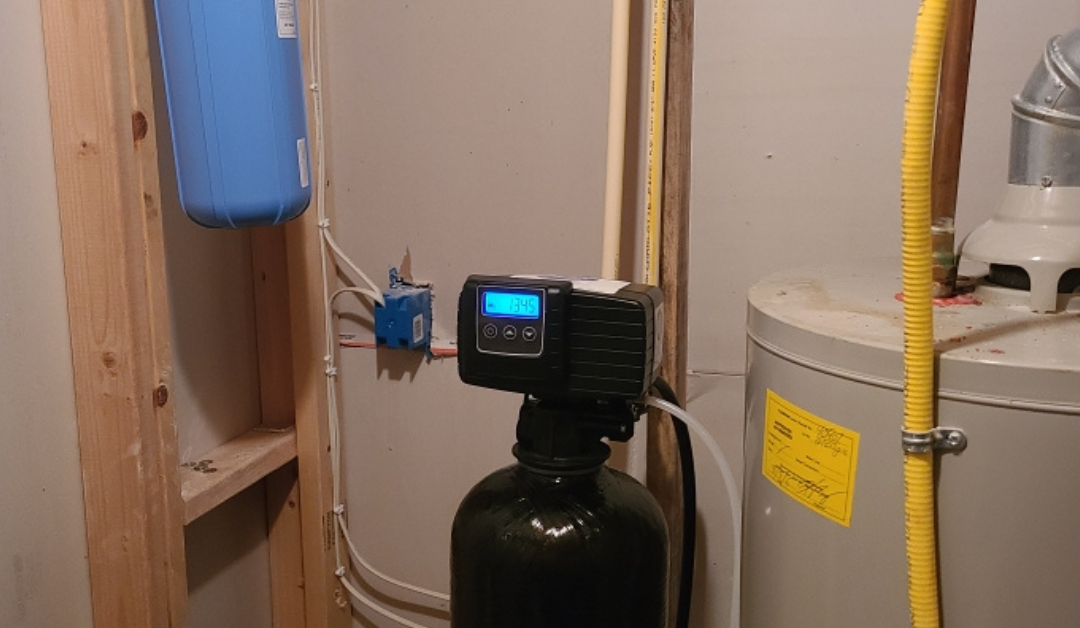Ensuring access to clean, safe water is a priority for households worldwide. With concerns over contaminants such as chlorine, pesticides, industrial pollutants, and particulates in our water supply, many homeowners are turning to whole house carbon filters as a solution. This comprehensive guide will explore what whole house carbon filters are, how they work, their benefits, and considerations to keep in mind when choosing one for your home.
Understanding Whole House Carbon Filters
Whole house carbon filters, also known as point-of-entry (POE) systems, are filtration systems installed at the main water line entering a home. They are designed to purify water for the entire household, ensuring that every water source, from the kitchen sink to the bathroom shower, dispenses clean, filtered water. These systems primarily use activated carbon as a filtering medium, renowned for its ability to remove a wide range of contaminants.
How Do They Work?
Activated carbon works through adsorption, a process where pollutant molecules in the water are trapped inside the pore structure of the carbon substrate. The effectiveness of a whole house carbon filter depends on the flow rate of water through the system, the amount and type of activated carbon used, and the specific contaminants targeted. These filters are adept at removing chlorine, sediment, volatile organic compounds (VOCs), pesticides, and many other pollutants, significantly improving water taste and odor.
The Benefits of Whole House Carbon Filters
Improved Water Quality
These systems ensure that every water source in your home is free from common contaminants, providing safer, better-tasting water for drinking, cooking, and bathing.
Convenience
Unlike point-of-use filters, which only purify water at a single source, whole house filters provide comprehensive coverage, eliminating the need for multiple filter systems.
Extended Appliance Lifespan
By filtering out sediment and minerals, these systems can also protect home appliances from scale buildup and wear, potentially extending their lifespan.
Health Benefits
Removing harmful contaminants from your water can reduce the risk of certain health issues associated with drinking and inhaling chlorine and other chemicals found in unfiltered water.
Considerations When Choosing a Whole House Carbon Filter
Capacity and Flow Rate
It’s crucial to choose a system that can handle the water consumption of your household without significant drops in water pressure.
Type of Contaminants
Understand the specific contaminants present in your water supply by obtaining a water quality report from your local water utility or conducting a home water test. This will help you select a filter tailored to your needs.
Maintenance Requirements
Consider the ease of maintenance and the frequency of filter changes. Some systems might require professional servicing, while others can be maintained by the homeowner.
Certification
Look for systems certified by reputable organizations such as NSF International or the Water Quality Association, which indicate compliance with specific health and safety standards.
Installation and Maintenance
While some homeowners opt for DIY installation, it’s often recommended to have your whole house carbon filter installed by a professional plumber to ensure it’s set up correctly. Regular maintenance, including changing the carbon filter according to the manufacturer’s recommendation, is essential to maintain the system’s effectiveness and water quality.
FAQs About Whole House Carbon Filters
How Often Should I Replace the Carbon Filters?
Carbon filters typically require replacement every 6 to 12 months, depending on water usage and contaminant levels.
Can Whole House Carbon Filters Remove Fluoride from Water?
While carbon filters can reduce fluoride levels to some extent, they are not specifically designed for fluoride removal. Consider specialized filtration systems for comprehensive fluoride removal.
Are Whole House Carbon Filters Suitable for Well Water?
Yes, whole house carbon filters are highly effective for treating well water, removing a wide range of contaminants commonly found in groundwater sources.
Do Carbon Filters Remove Minerals from Water?
Carbon filters primarily target organic compounds and chemicals, leaving essential minerals intact. However, some mineral reduction may occur depending on the filter type and water composition.
Can I Install a Whole House Carbon Filter System Myself?
While DIY installation is possible for those with plumbing experience, it’s recommended to hire a professional to ensure proper integration and minimize potential issues.
Are They Environmentally Friendly?
Yes, whole house carbon filters are environmentally friendly as they reduce the need for single-use plastic water bottles and minimize the release of harmful chemicals into the environment.
Whole house carbon filters offer an efficient way to improve the quality of water in your home. By understanding how these systems work, their benefits, and the key considerations when choosing one, you can make an informed decision that ensures your household has access to clean, safe water. Contact us for more information.

